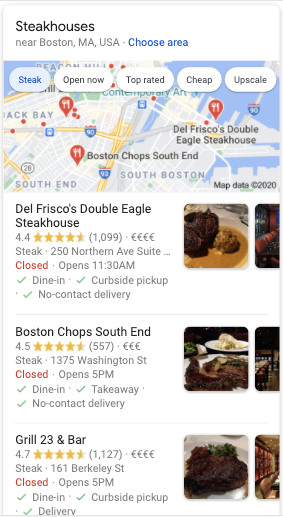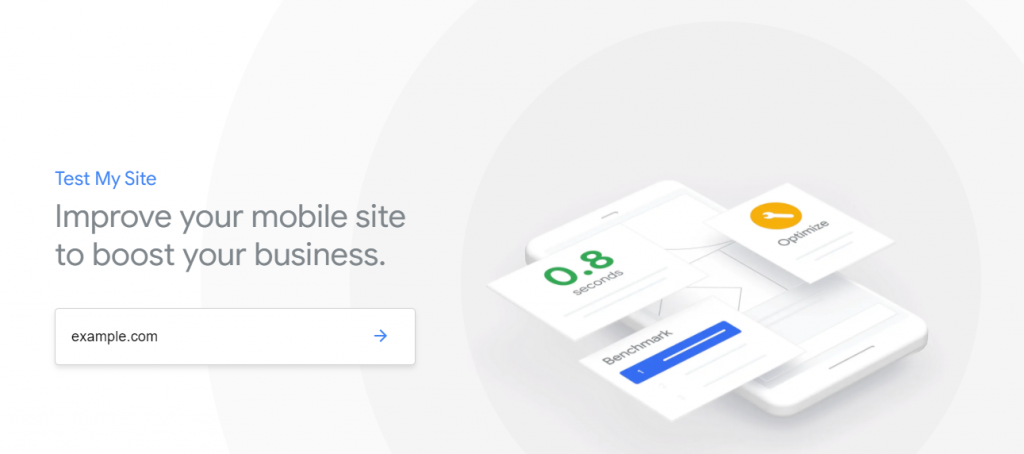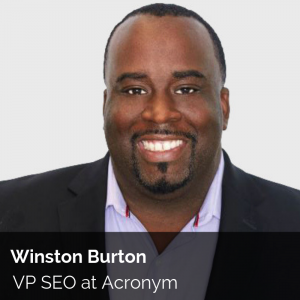One of the most common questions SEOs get is: does page speed matter?
Page speed is the time it takes for an individual page to load on your website. Most tools measure this in milliseconds or seconds. From Google’s perspective, a page should load within 1 to 3 seconds so end users get what they want quickly.
And the short answer is, yes, it does matter. In fact, it has become more important over time—Google even made it a ranking factor in 2010.
What Causes a Site to Load Slowly?
In my experience, there are many factors that can cause a site to take too long to load, like:
- it has a lot of images that are not properly optimized in the right formats,
- it has a lot of scripts that are not externalized or they are unused and load when the page is loading,
- or it has a slow-loading server.
Other factors that can influence site speed include: your connection type, ISP, browsers, bandwidth and server location.
These are all elements to consider if you have a page speed problem.
Why You Should Start with Content First
Page speed matters for both mobile and desktop users, but is more important on mobile. That’s because we live in a mobile world and for a majority of brands, mobile likely delivers more than half the overall web traffic.
But regardless of device, page speed is kind of like getting the ingredients to a recipe—or the ranking algorithm—just right. Ingredients like relevance and utility are critical factors to the end user—particularly on mobile. If your content is not relevant—and not useful in the moment—speeding up your site will not help. That’s like if your birthday cake looks great with all those sprinkles on, but does not taste good. Adding more sprinkles will not help. In other words, end users do not want to be kept waiting for an answer they need—just like they don’t want to eat bad cake.

What’s more, if you are a brand that sells products with a high profit margin, but your site has a poor load time—and your competitors rank higher than you—speed definitely matters. By speeding up your page load times, you will provide a better user experience and potentially increase your sales and conversions. In fact, according to data from the State of Online Retail Performance (SOASTA), for every one second delay in mobile page load, conversions can fall by up to 20%.
Page speed can have a ripple effect. The faster your site is, the more people will browse around and get to know your products and services—and then eventually buy more goods. Plus, if the user experience and price are good, they will likely tell their friends.
But you need relevant content that satisfies informational needs to keep users engaged. For example, if I have been travelling for two hours on the train and I’m craving a T-bone steak, I am going to search for a steakhouse near my location. Google is going to display restaurants depending on where I am located, but I am going to be drawn to the restaurant that:
- Is close to me
- Has great reviews
- And has mouth watering pictures of steak.

But here’s a caveat: I am on a diet, so the restaurant closest to me that serves great steak and has great user reviews—as well as nutrition information—is going to get my business. That is the power of content and speed working hand in hand to meet the needs of end users.
Pro Tip: Another important thing to remember is having a fast-loading site will potentially show more visitors because the analytics tags will load sooner. If a user leaves before the tag is fired, it will not be recorded as an actual real visit.
How to Improve Page Speed
There are a number of ways to improve your page speed depending on your CMS and the set-up of your site. For sites using Drupal or WordPress:
WordPress
- WP Rocket (paid) + an image optimization plugin, or:
- Autoptimize + a cache plugin
Drupal
- AdvAgg + an image optimization module
For those using other CMS or homegrown platforms, there are a lot of other ways to speed up your site, including:
- Optimizing images. This is one of the biggest problems with most sites. The images are heavy and not in an optimized format. Always have optimized images that are as small as possible, while providing the best quality.
- Reducing page size/weight. Weight does matter. The more the page weighs, the longer it takes to load. Consider minification, compression and removing any scripts that are not being used.
- Using caching when possible so files can be reused on the next page without having to be downloaded again.
- And using a Content Delivery Network (CDN). This can help speed up your website by caching content in multiple locations around the world. Typically, CDN-caching servers are located closer to end users than the host, or origin server.
Page Speed Tools
There are a lot of page speeds tools and plugins that the SEO community uses to test page speed, including:
- GTmetrix
- Page Speed Insights
- Pingdom
- UpTrends
- Crawlers, such as Oncrawl, Screaming Frog etc.
- And webpage test
My favorite tool to use is Google’s Mobile Speedcard and Impact Calculator because it shows the impact that speed can have on your conversions.
Speed can definitely help increase conversions and is critical to consumer engagement. This is a must-have tool so you can compare your mobile speed to industry peers and see the potential revenue impact that speed (or lack thereof) has on revenue. When you are doing a new business pitch, nothing gets an executive more fired up than to see their number one competitor is making more money, has better content and has a faster loading web page. But you can easily avoid this by taking the steps listed above.

Wrapping Up
We live in a mobile world, where end users rely on their mobile devices to access content, products and services across the globe and they want it now—especially during COVID. Having fast-loading web pages will get your content in front of your target audience faster and provide a better user experience, which could help increase the amount of sales and revenue for your company, decrease your bounce rates and pages per session and give you a leg up over the competition.
But before you fix up your page speed, make sure you have engaging content that satisfies end user intent and gives them exactly what they want and when they want it, so both the end user and the site reap the rewards.

